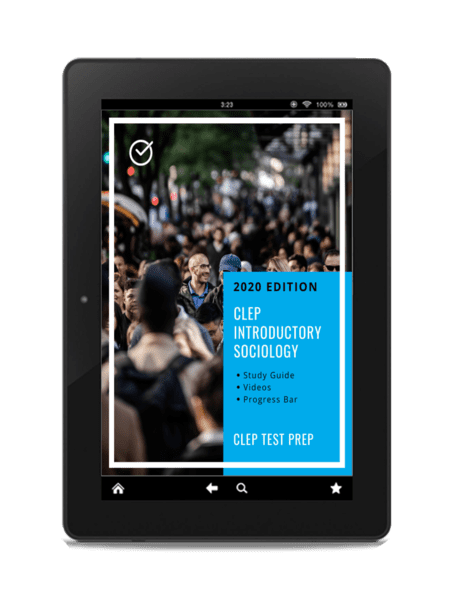

How Much Will Testing Out Save You?
The average cost of a 3-hour college course is $1,782, the average cost of testing out using SpeedyPrep is $112.00 (monthly subscription + testing fee).
Calculate Your Savings*
*All calculations are based on averages. Savings will vary.
